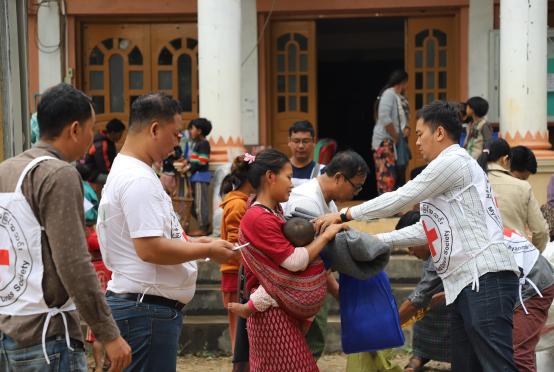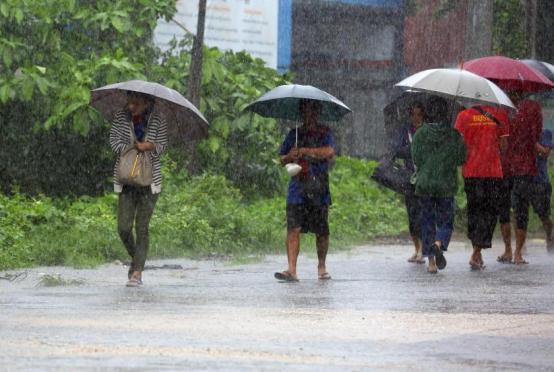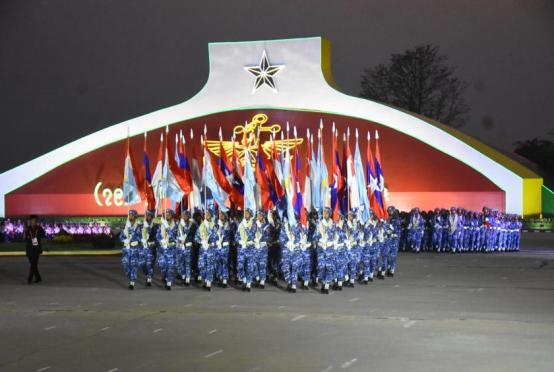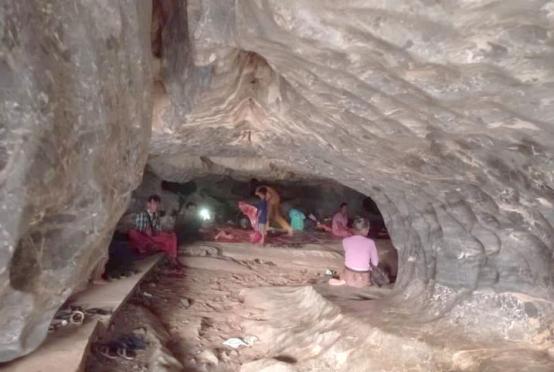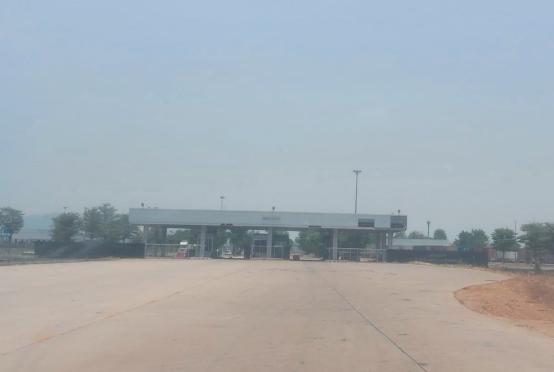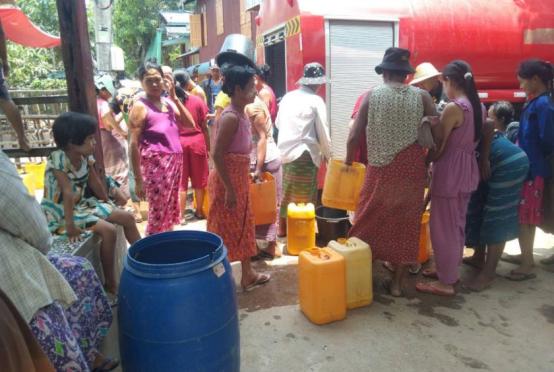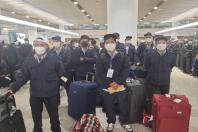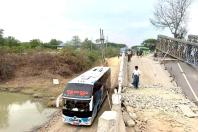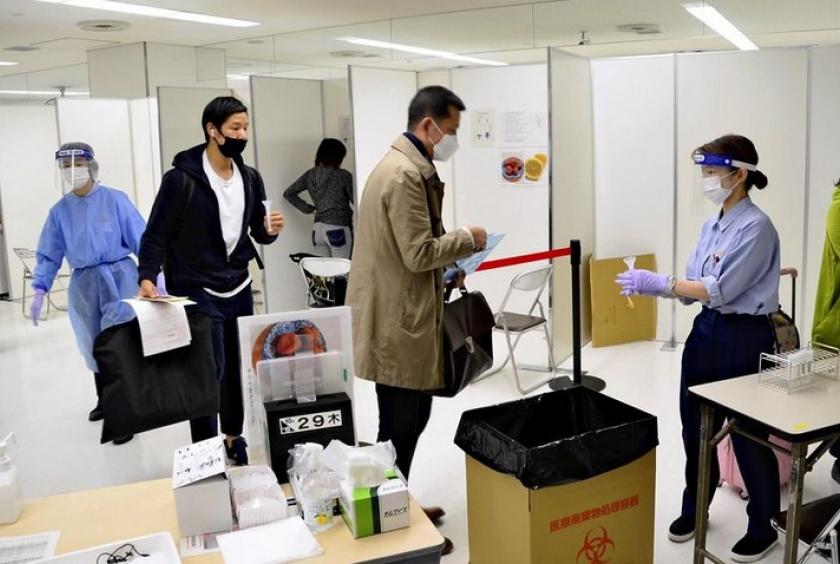
The Japan News/ANN - The government’s efforts to ease restrictions for cross-border travelers have stalled as the spread of the novel coronavirus has once again accelerated at home and abroad. Prime Minister Yoshihide Suga has expressed his determination to restore international traffic to help the economy recover from the impact of the pandemic, but such efforts are essentially stalled for the time being.
â– Door with China reopened
The government re-started business travel between Japan and China on Monday. An Air China flight from Hangzhou, Zhejiang Province, arrived at Narita Airport around 1:30 p.m. Among the about 160 passengers who entered the airport lobby, some were “fully equipped†with white protective clothing covering their entire body.
At a press conference Monday, Chief Cabinet Secretary Katsunobu Kato stressed, “The nation’s infection situation requires the utmost caution.â€
Regarding the relaxation of cross-border travel restrictions, Kato said, “We will consider how to implement this while preventing another surge of infections at the same time, based on the infection situation and expert opinions.â€
The government has been gradually easing restrictions since July. Starting from allowing medium- to long-term business stays and admitting expatriates stationed in Japan for business, the government in October allowed new arrivals of foreign nationals with permission to stay for medium to long terms. The government also relaxed restrictions for short-term visitors, a move the business community had been calling for.
China was the fourth nation for which Japan eased restrictions on both short visits as well as medium- to long-term stays, following Singapore, South Korea and Vietnam. Manufacturers with factories in China and Japanese trading companies had been calling for relaxation, saying they could not maintain their operations if business travelers could not go back and forth.
However, partly due to caution about infection with the coronavirus, the volume of business travel remains low. According to the Immigration Services Agency, of the 32,741 foreign nationals who entered Japan from Nov. 1 to Nov. 22, about 70% were students and technical interns, while short-term visitors including business travelers accounted for only about 8%.
â– Economic boost
Next summer’s Tokyo Olympics and Paralympics are in the government’s mind as it works to ease cross-border travel restrictions.
“We need to make every effort to restore travel while taking measures against infection,†Suga said at summit meeting of the Group of 20 major economies held online on Nov. 21-22. He stressed that the resumption of cross-border traffic is essential for the revival of the world economy, and expressed his determination to host the Tokyo Games.
The prime minister hopes to attract spectators from abroad and use the event as a booster to revive the economy, which plunged because of the pandemic. He will decide whether to accept international spectators by next spring after assessing the state of infection in the world.
â– Future unknown
However, with the renewed surge of infections worldwide, the future is uncertain.
The government is considering a framework to exempt people who stay in Japan for 72 hours or less from the self-isolation period upon arrival. They would need to submit a schedule for their planned activities and provide negative test results for the coronavirus.
The framework has been considered as a “model case for the Games†and was scheduled to begin in November, applying to countries including the United States and European nations. However, due to the spread of the infection in Japan and abroad, introduction of the framework had to be postponed.
For the Olympics, the government is considering a proposal to accept only international visitors with tickets to the Games and require them to submit a negative test certificate. There is also a proposal to ask them to submit a written plan of their activity schedule during their stay, but a senior official of the Health, Labor and Welfare Ministry said, “It is impossible to manage all their activities.

